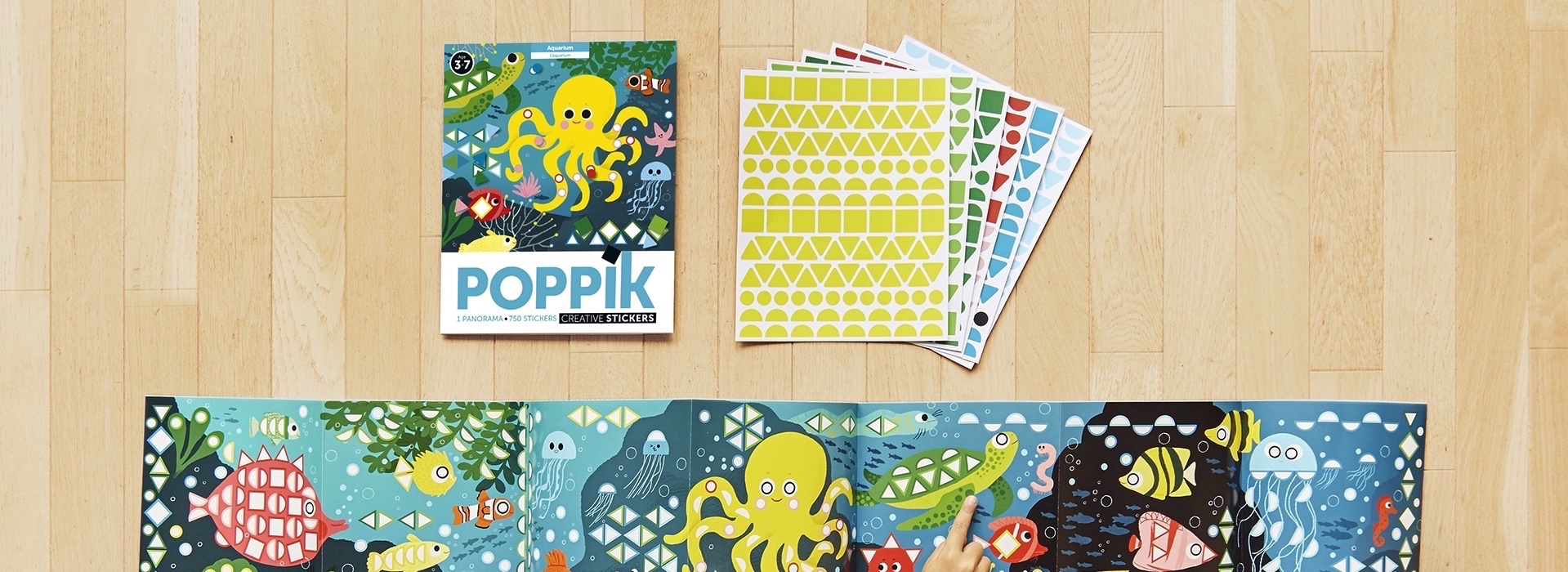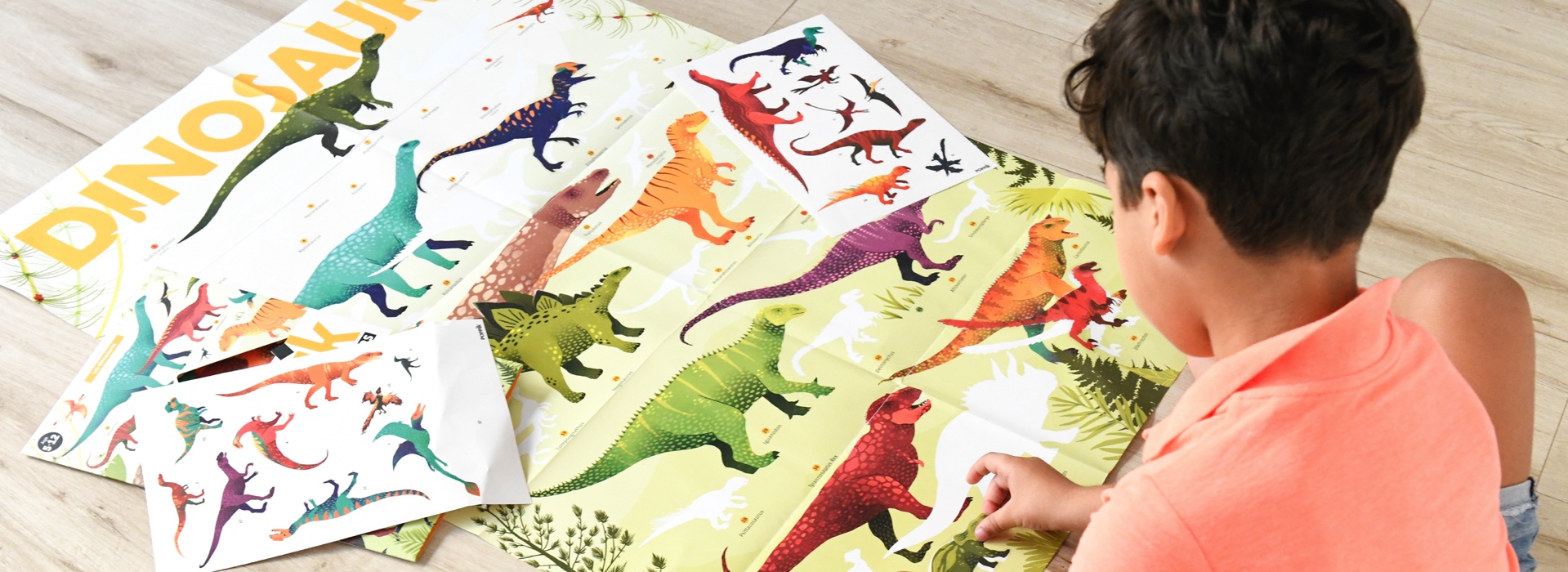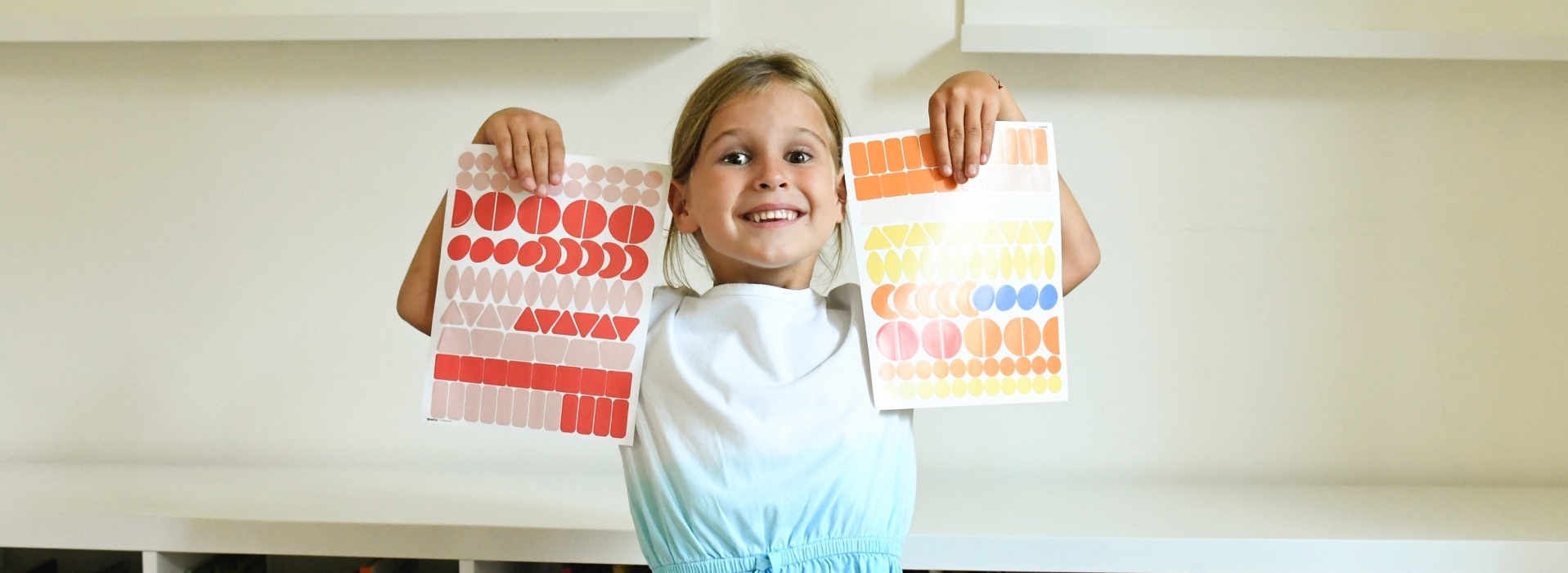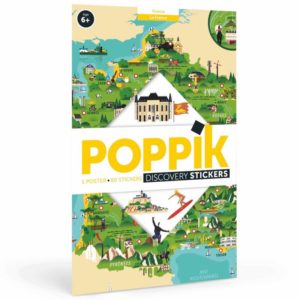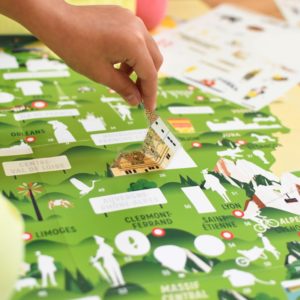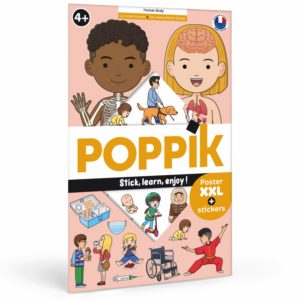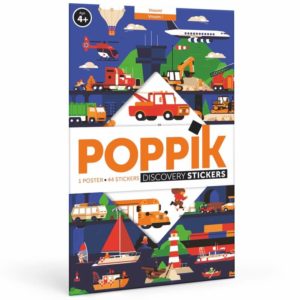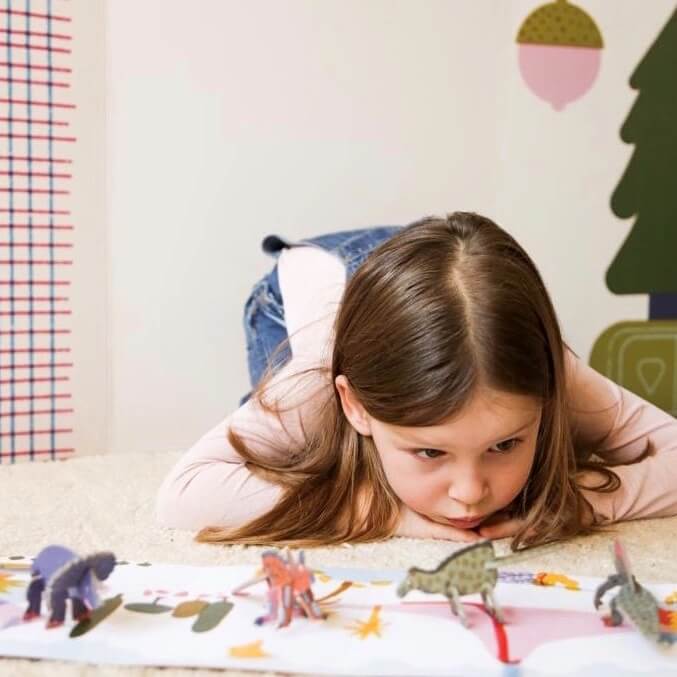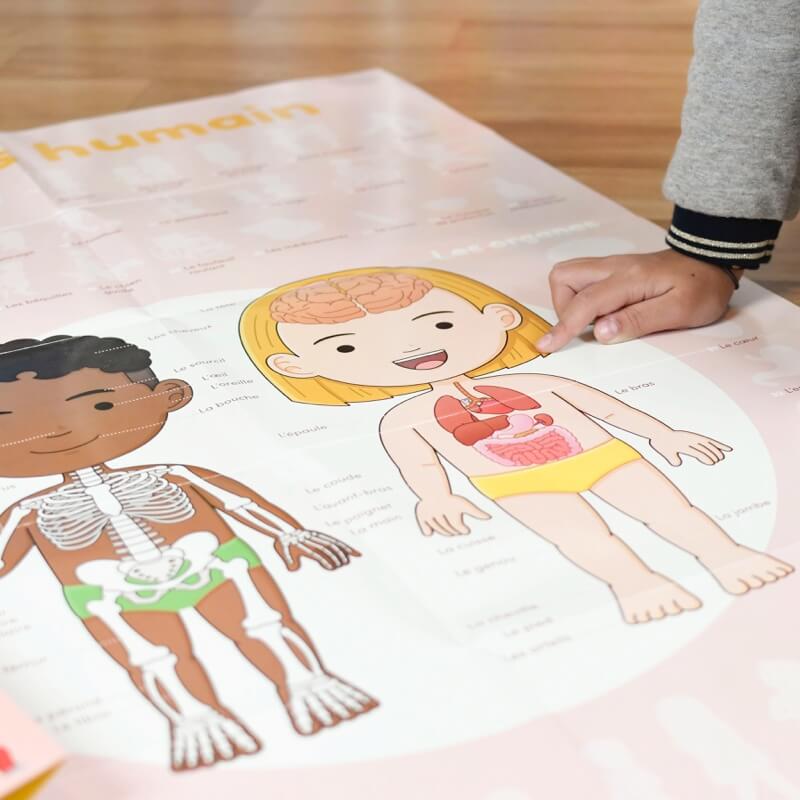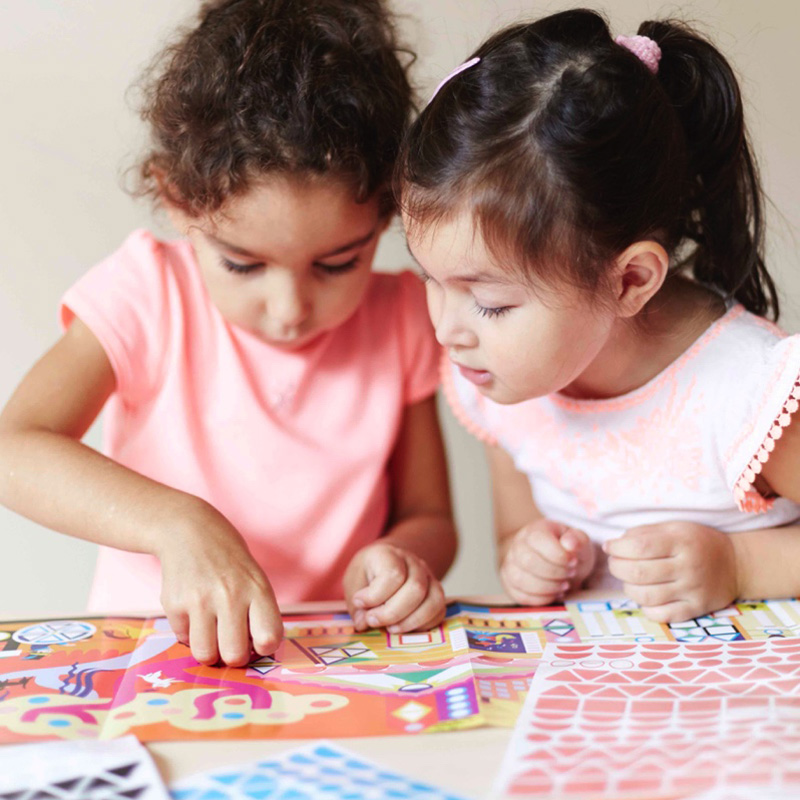Quality games and activities for children!
- News
- Favourites
- Meilleures ventes
-
Educational poster + 32 stickers DINOSAURES (5-12 years)
€16,90 -
Educational poster + 88 stickers CARTE DE FRANCE (6-12 years)
€16,90 -
Educational poster + 200 stickers WORLD FLAGS (6-12 years)
€16,90 -
Educational poster + 49 stickers THE HUMAN BODY (3-7 years)
€16,90 -
Educational poster + 44 stickers VROUM! VEHICLES (3-7 years old)
€16,90 -
Mini Poster + 27 Stickers The Savannah – Brown (3-8 years)
€7,90 -
Mini Poster + 27 Stickers The Garden – Yellow (3-8 years)
€7,90 -
Giant poster + 1600 stickers FLOWER POWER (6-12 years old)
€16,90
The Concept
Discover the exclusive concept that makes our success: large posters to be completed with dozens of repositionable stickers. For everyone, from 3 to 12 years old.
Our treasured artists
They are Poppik’s soul. They are the ones who, with their talent, make our products truly unique and not like the others. Really WOW posters that you can be proud to display in your home. Each time we contact an artist to propose a collaboration, it is a real human encounter and a new story.qui s’écrit. Le moment le plus grisant est celui où l’on découvre la nouvelle image d’un artiste. Que ressent-on à cet instant ? Un grand frisson et tellement de reconnaissance devant la prouesse accomplie…

Cheeri

Ingela P Arrhenius
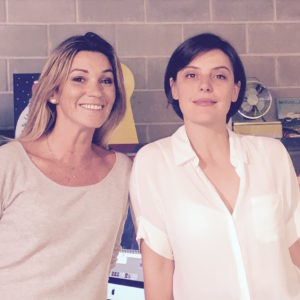
Atelier Saje



